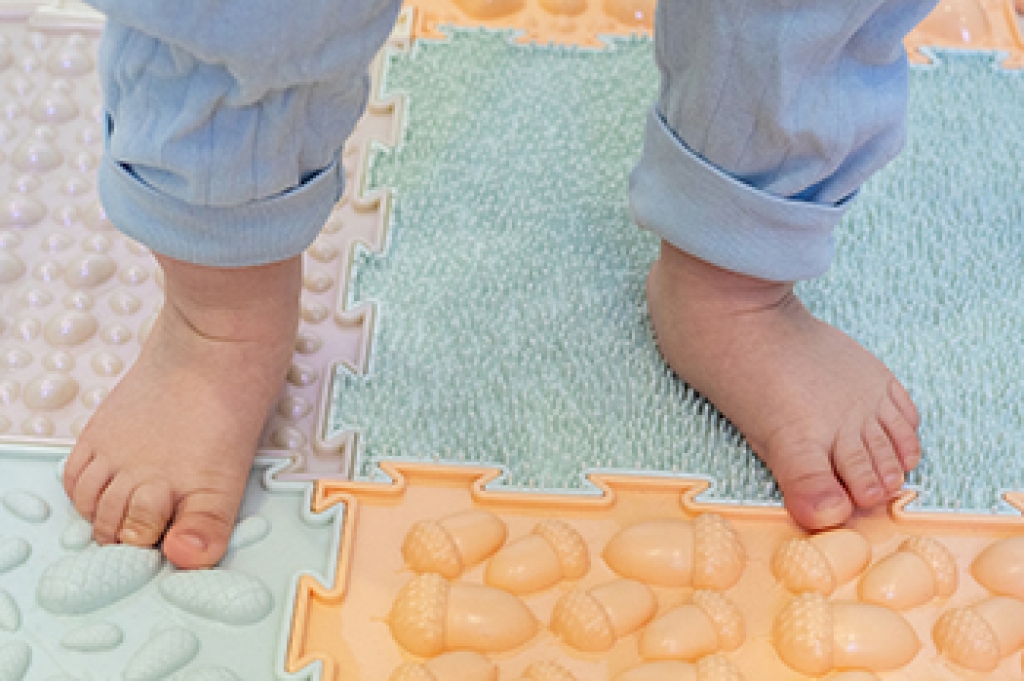
Flat feet, also known as pes planus, occur when the arch on the inside of the foot is lower than usual. Many children have flat feet until they are about five to eight years old, when natural development of the foot’s arch typically begins. By the age of 10, only about four percent of children still have flat feet. There are two main types, flexible and rigid flatfoot. Flexible flatfoot is common and usually painless, allowing an arch to appear when standing on tiptoes. In contrast, rigid flatfoot is less common, often causing stiffness and pain due to abnormal bone structure. While flexible flat feet rarely require treatment, rigid flatfoot may require an evaluation. A podiatrist can assess the condition, suggest supportive footwear, and if necessary, prescribe custom orthotics to ease discomfort. If your child has problematic flatfoot, it is suggested that you schedule an appointment with a podiatrist for an exam and treatment.
Flatfoot is a condition many people suffer from. If you have flat feet, contact Jason Bell, DPM from Advantage Foot and Ankle Center . Our doctor will treat your foot and ankle needs.
What Are Flat Feet?
Flatfoot is a condition in which the arch of the foot is depressed and the sole of the foot is almost completely in contact with the ground. About 20-30% of the population generally has flat feet because their arches never formed during growth.
Conditions & Problems:
Having flat feet makes it difficult to run or walk because of the stress placed on the ankles.
Alignment – The general alignment of your legs can be disrupted, because the ankles move inward which can cause major discomfort.
Knees – If you have complications with your knees, flat feet can be a contributor to arthritis in that area.
Symptoms
- Pain around the heel or arch area
- Trouble standing on the tip toe
- Swelling around the inside of the ankle
- Flat look to one or both feet
- Having your shoes feel uneven when worn
Treatment
If you are experiencing pain and stress on the foot you may weaken the posterior tibial tendon, which runs around the inside of the ankle.
If you have any questions, please feel free to contact our office located in Newark, DE . We offer the newest diagnostic and treatment technologies for all your foot care needs.
